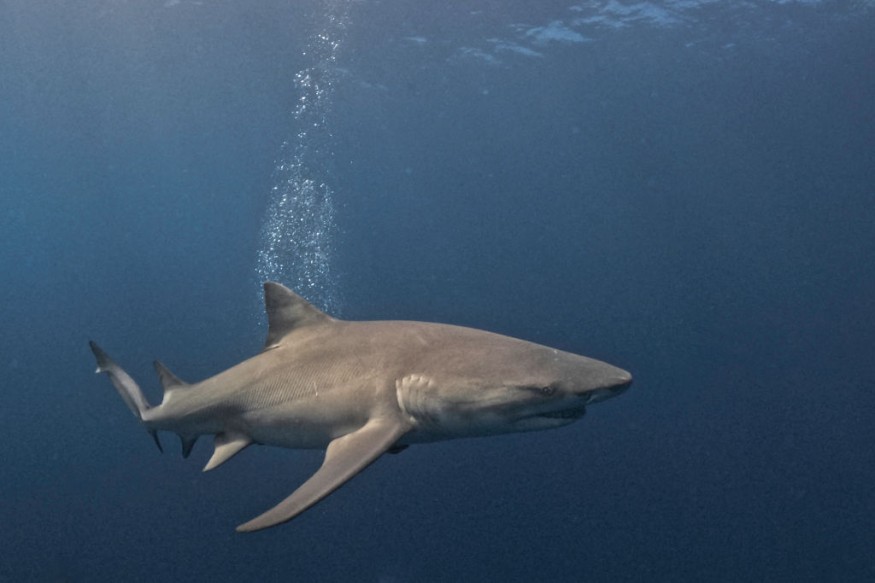Florida Man in Critical Condition Following Shark Attack While on Boating Trip

Florida shark attack on the northeast coast has left a man critically injured after he was bitten on the right arm while aboard a boat on Friday morning.
Authorities responded swiftly to the incident, highlighting the ongoing risks posed by shark encounters in state waters, WPTV reports.
The Nassau County Sheriff's Office Marine Unit arrived at the scene around 11:15 AM local time following a distress call, finding the victim in a critical state with severe bleeding from the shark bite.
READ NEXT : Surfer and 'Pirates of the Caribbean' Actor Tamayo Perry Dies After Shark Attack in Hawaii
Details of the Shark Attack and Response
According to Alicia Tarancon, spokesperson for the Nassau County Sheriff's Office, the incident occurred in the Amelia River near Fernandina Beach, approximately 35 miles north of Jacksonville.
The victim, a man in his 40s, was fishing when he encountered the Florida shark attack.
Responding deputies quickly boarded the vessel and applied a tourniquet to the victim's right arm to staunch the bleeding.
The deputy then navigated the boat to the Dee Dee Bartels boat ramp, where Fernandina Beach Fire Rescue awaited, according to Fox News.
From there, the Florida man was airlifted to a local hospital for emergency treatment.
Despite his critical condition upon arrival, officials have expressed optimism about his recovery prospects.
Context and Recent Incidents
This recent attack marks the third shark-related incident in Florida waters alone in June.
Earlier incidents in the Florida panhandle resulted in injuries and prompted temporary beach closures in Walton County.
Beyond Florida, shark encounters have been reported elsewhere in the US, including Southern California and Hawaii, where one tragic incident resulted in a fatality.
The death of Tamayo Perry, a well-known surfer and lifeguard in Hawaii, has underscored the dangers associated with shark encounters in popular coastal regions.
Stephen Kajiura, a professor of biological sciences specializing in sharks at Florida Atlantic University, attributes the recent spike in incidents to increased human activity in coastal waters during the summer months.
Warmer waters and seasonal migrations of shark populations also contribute to higher encounter rates.
Kajiura emphasized that while shark encounters are more frequent under these conditions, fatalities remain rare, AP News noted.
Florida, known for its coastal attractions, leads global statistics in unprovoked shark bites, though most incidents are non-fatal.
To mitigate risks, Kajiura advises beachgoers to exercise caution by avoiding swimming alone or in areas where schools of fish are present, as these can attract sharks.
He also recommends refraining from wearing shiny jewelry that might resemble fish scales and encourages swimming in groups and where lifeguards are present.
Despite the recent incidents, Kajiura reassures the public that most shark encounters are non-threatening and urges continued vigilance rather than avoidance of coastal waters.
As authorities continue to monitor and respond to shark-related incidents across coastal regions, the safety of beachgoers remains a priority.
The ongoing awareness and proactive measures by local officials and experts aim to balance public enjoyment of the coastline with the inherent risks posed by marine wildlife.
The Florida shark attack serves as a reminder of the unpredictable nature of marine environments and the importance of informed, cautious behavior when enjoying recreational activities along the coastlines of Florida and beyond.
This article is owned by Latin Post.
Written by: Ross Key
WATCH: Shark attacks man while he's fishing in Florida - From ABC 7 Chicago
Subscribe to Latin Post!
Sign up for our free newsletter for the Latest coverage!
© 2025 Latin Post. All rights reserved. Do not reproduce without permission.












